Presedintele Egiptului, Abdel Fattah el-Sisi, vorbeste despre nevoia de implicare a SUA in Orientul Mijlociu, dupa ce vidul de putere creat de Administratia Obama a fost umplut de Rusia, cea care, el-Sisi o spune pe sleau, a sustinut miscarile islamiste din Siria si din regiune. “Intreaga regiune plateste un pret foarte mare” pentru politica lui Obama de dezangajare din Orientul Mojlociu, iar asta poate fi corectat “doar impreuna cu SUA”, spune Presedintele Egiptului, intr-un interviu dat pe 5 aprilie 2017.
Obama a tratat Egiptul cu distanta si dispret, mai ales in 2011, cand a sprijinit Iarna Islamista, numita eronat “Primavara Araba” in presa internationala (prin emulatie, la fel a fost numita si de presa Romania, cu 2-3 exceptii). Toti espertii si comentatorii de la noi au comparat protestele din Orientul Mijlociu, in mod halucinant, cu Revolutia din 89, desi acestea au adus, nu la libertate, ci, printre altele, la preluareaputerii de catre Fratia Musulmana, in Egipt. Mai tarziu, in 2013, zeci de milioane de oameni, intre 20 si 30 de milioane, au protestat, in tot Egiptul, impotriva islamistilor (literalmente, a fost cel mai mare protest din istorie, dupa cunostinta mea). Armata egipteana a dat apoi o lovitura de stat pentru a impiedica un razboi civil, Morsi s-a dus la mititica si a venit la putere el-Sisi. Eveniment condamnat de aceeasi clasa clevetitoare romaneasca, la unison si copiind trendul dominant in occident, in frunte cu acelasi Obama.
Astfel, Obama a reusit sa arunce la gunoi parteneriatul cu cel mai mare aliat al SUA din lumea musulmana – Egiptul.
Despre parerile lui el-Sisi, ne putem face o idee dintr-un discurs tinut de acesta in urma cu 2 ani, in care, din pozitia de Presedinte al Egipului condamna islamul radical, spunand ca “trebuie sa revolutionam islamul” – un mesaj foarte important, ca moment, acum, cand Orientul Mijlociu e in flacari, si ca mesaj transmis de una din cele mai mari tari islamice din lume.
Obama a ignorat si acest discurs.
Dar lucrurile se schimba – presedintele Egiptului critica Rusia si cere implicarea SUA in Orientul Mijlociu, iar administratia Trump pare decisa sa faca, din nou, un aliat din Egip.
P.S. Ca sa va faceti o idee privind nivelul comentariului romanesc “de elita” despre Egipt, cititi “analizele” lui Valentin Naumescu (doctor în stiinte politice, conferentiar la Facultatea de Studii Europene de la Universitatea Babes-Bolyai Cluj-Napoca, autor pe contributors.ro) de la acea vreme. In unul dintre ele deplangea inlaturarea de la putere a sponsorului terorismului islamic, Fratia Musulmana: Acceptarea internaţională a loviturii de stat din Egipt: O eroare cu consecinţe pe termen lung.









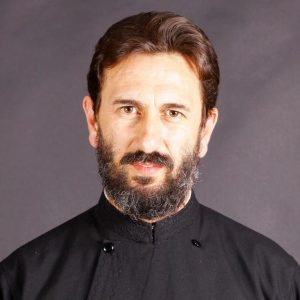


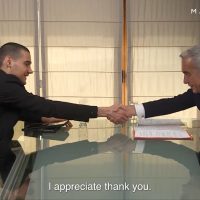
![marius-bostan-foto[1] marius-bostan-foto[1]](https://inliniedreapta.net/wp-content/uploads/elementor/thumbs/marius-bostan-foto1-qt9ywoo2b2lgv37b76h9qr5yo6db5vwzoxbuvd4e6o.jpg)

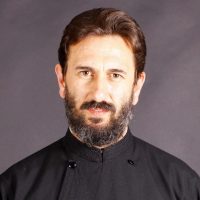

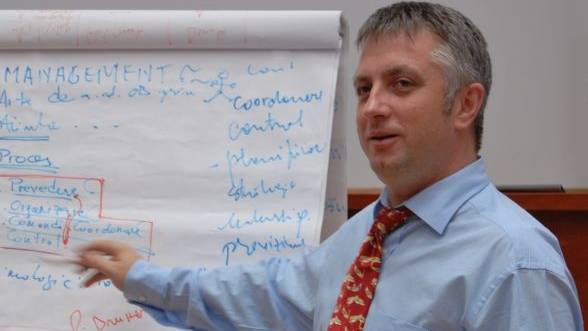
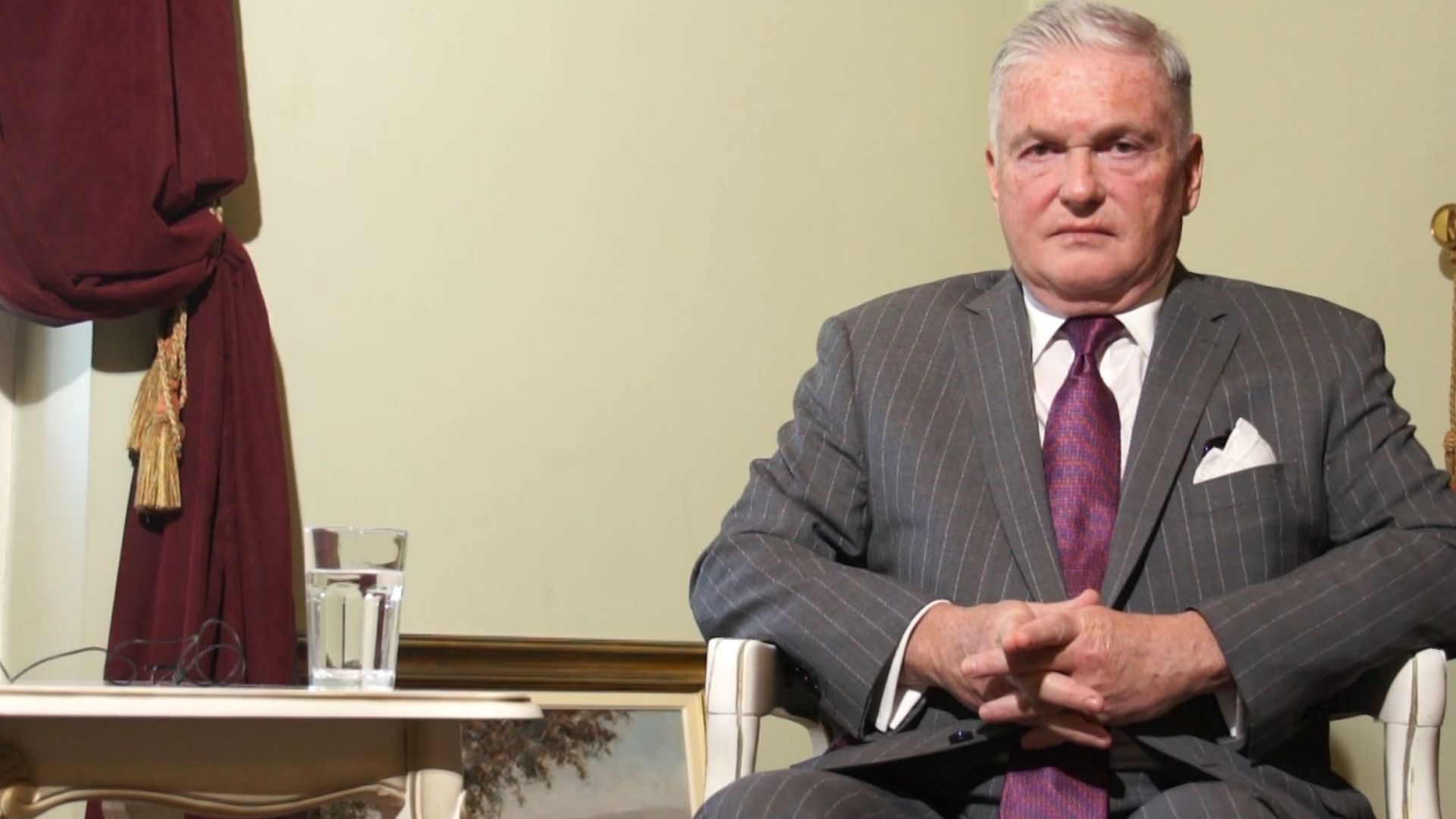



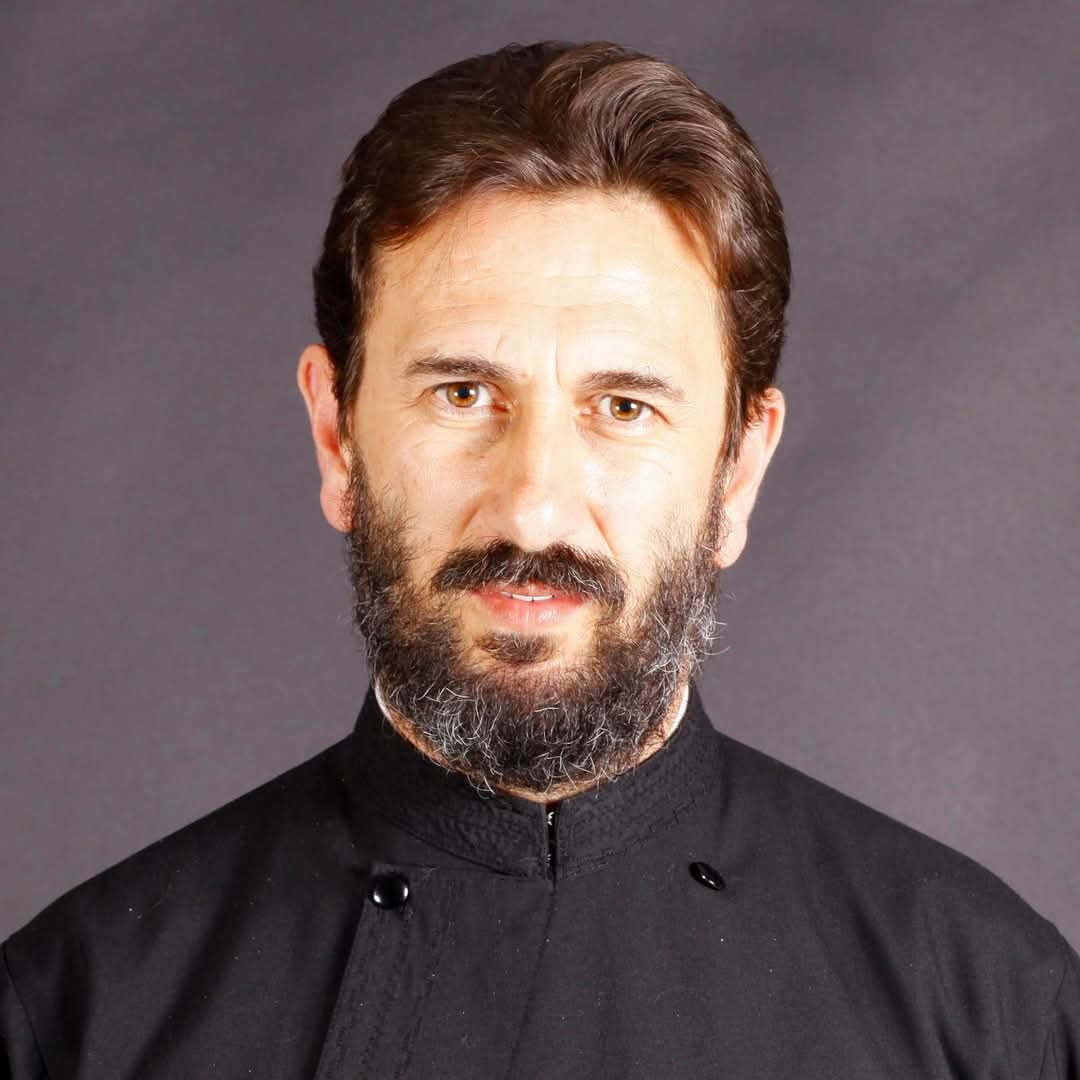

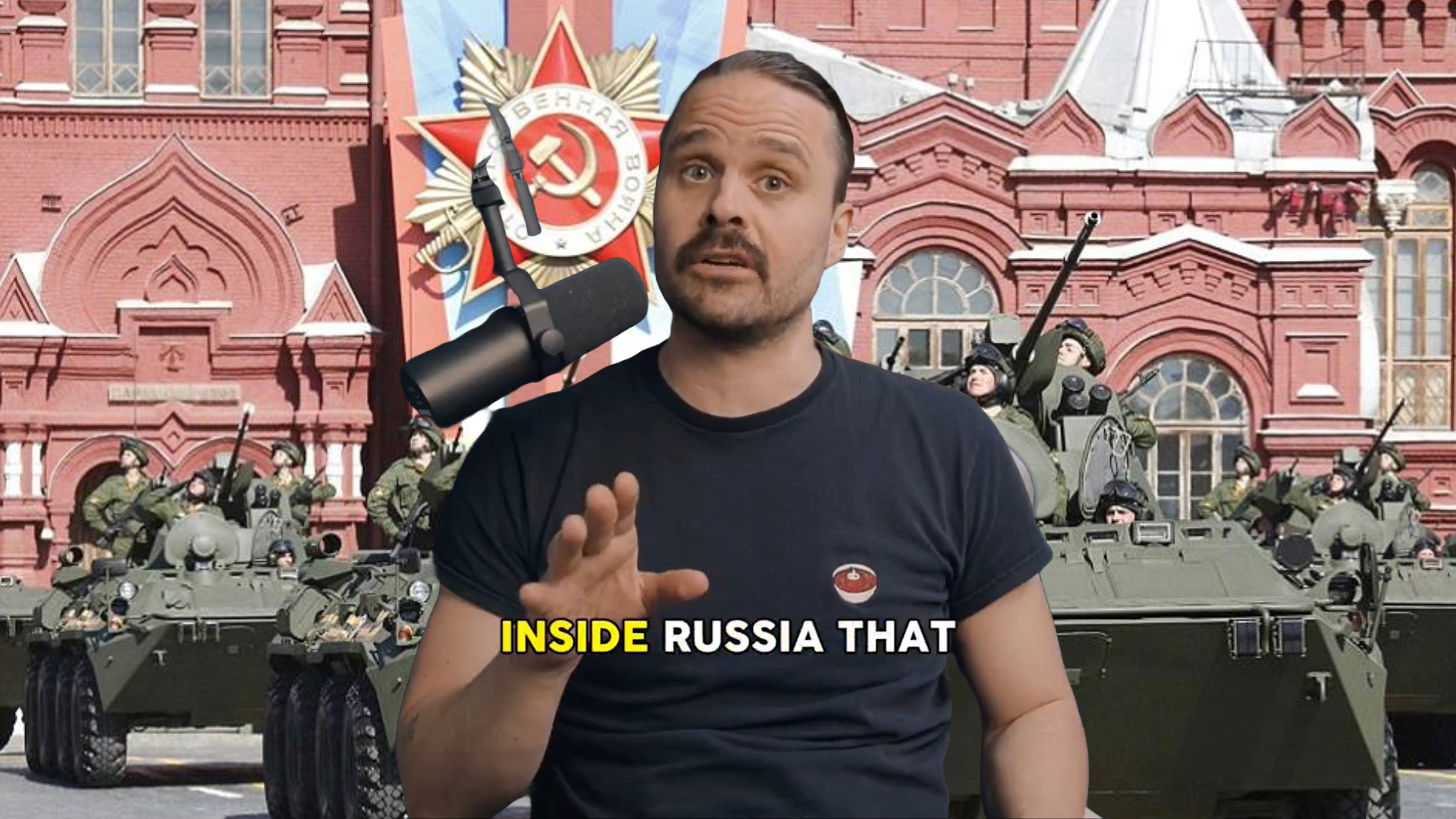

2 Comments
Anca Cernea
8 April 2017http://www.hotnews.ro/stiri-international-21706081-atentat-bomba-intr-biserica-din-egipt-timpul-slujbei-florii-cel-putin-21-morti-59-raniti.htm
Cel putin 21 de oameni si-au pierdut viata si alti 59 au fost raniti duminica intr-un atentat cu bomba comis intr-o biserica crestina din Egipt in timpul slujbei de Florii, indica un bilant al Ministerului Sanatatii de la Cairo, citat de AFP.
Dacă Generalul el-Sisi s-a luat de Rusia… uite, ghinion!
bibliografie obligatorie:
avenirv
8 April 2017sisi trebuie sa fie speriat de rusi. uite ce fac rusii:
http://www.reuters.com/article/us-usa-russia-libya-exclusive-idUSKBN16K2RY
http://www.independent.co.uk/news/world/middle-east/russia-egypt-libya-special-forces-deploy-military-north-africa-syria-bashar-al-assad-us-a7628636.html